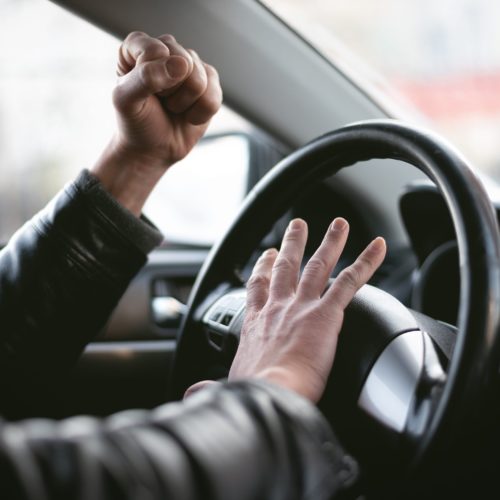Criminal Lawyers Victoria
Providing legal support for over 50 years
Here at Tony Hannebery Lawyers we adopt an empathic approach towards our clients who are often dealing with some of the most difficult situations life can serve up.
Book ConsultationTony Hannebery Law
With almost 50 years experience, Tony Hannebery Lawyers is recognised as one of the leading Criminal Law Defence firms in the State.
A small team of dedicated professionals, we have offices in Melbourne to provide you with highest level of service and expertise.
About
Why our clients recommend Tony Hannebery Lawyers
Caring/Empathetic
We are here to assist you in difficult situations. Supporting a diverse range of communities, offering support & interpreters.
Free Initial Consultation
Ask us about our free initial consultations.
Criminal Law Specialists
Accredited by the Law Institute of Victoria as Criminal Law specialists, we have the experience to get you the best result in any situation.
Fixed Price Costing
We offer costing plans that will provide client’s with full disclosure of what our fees will be.



